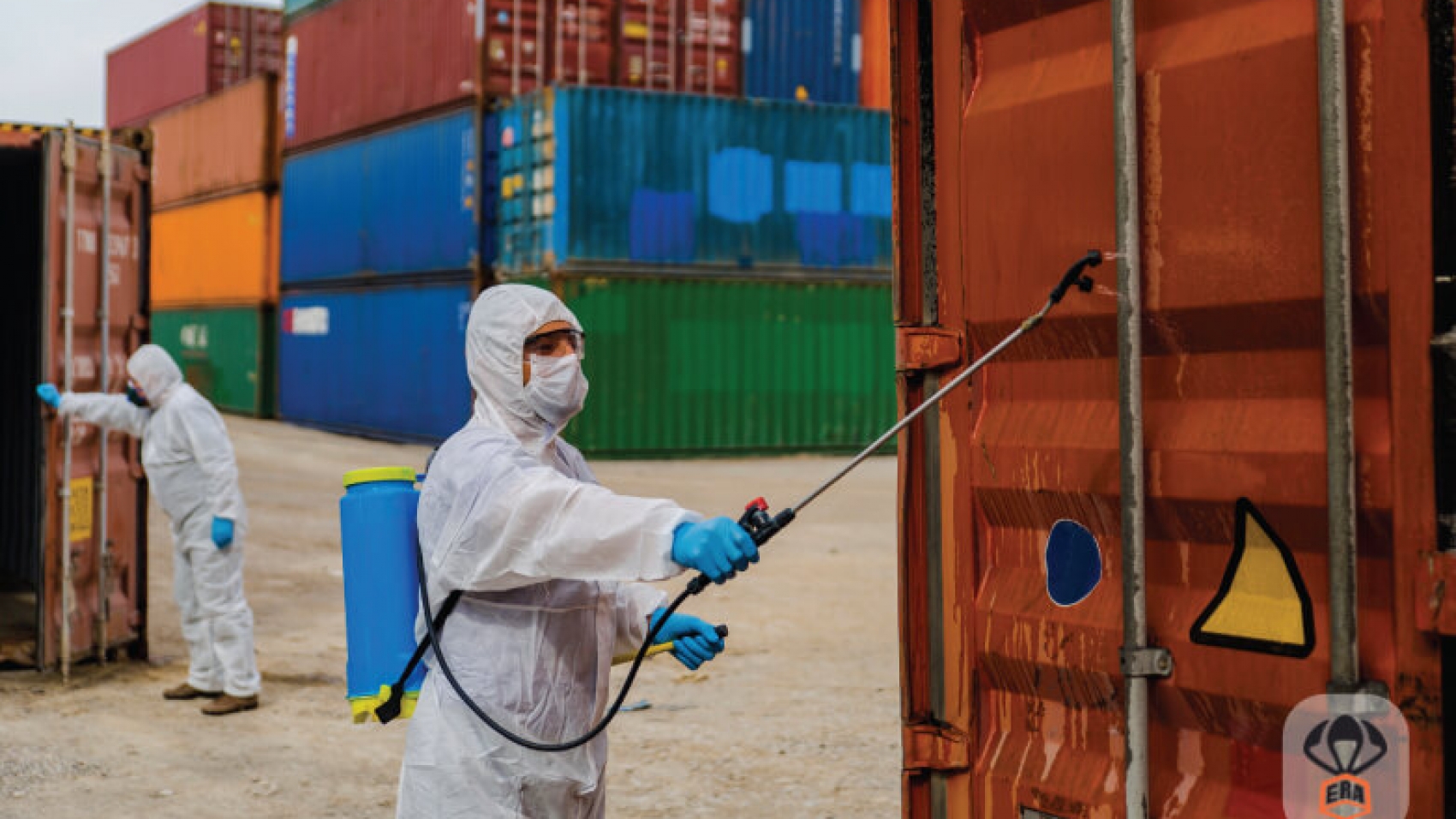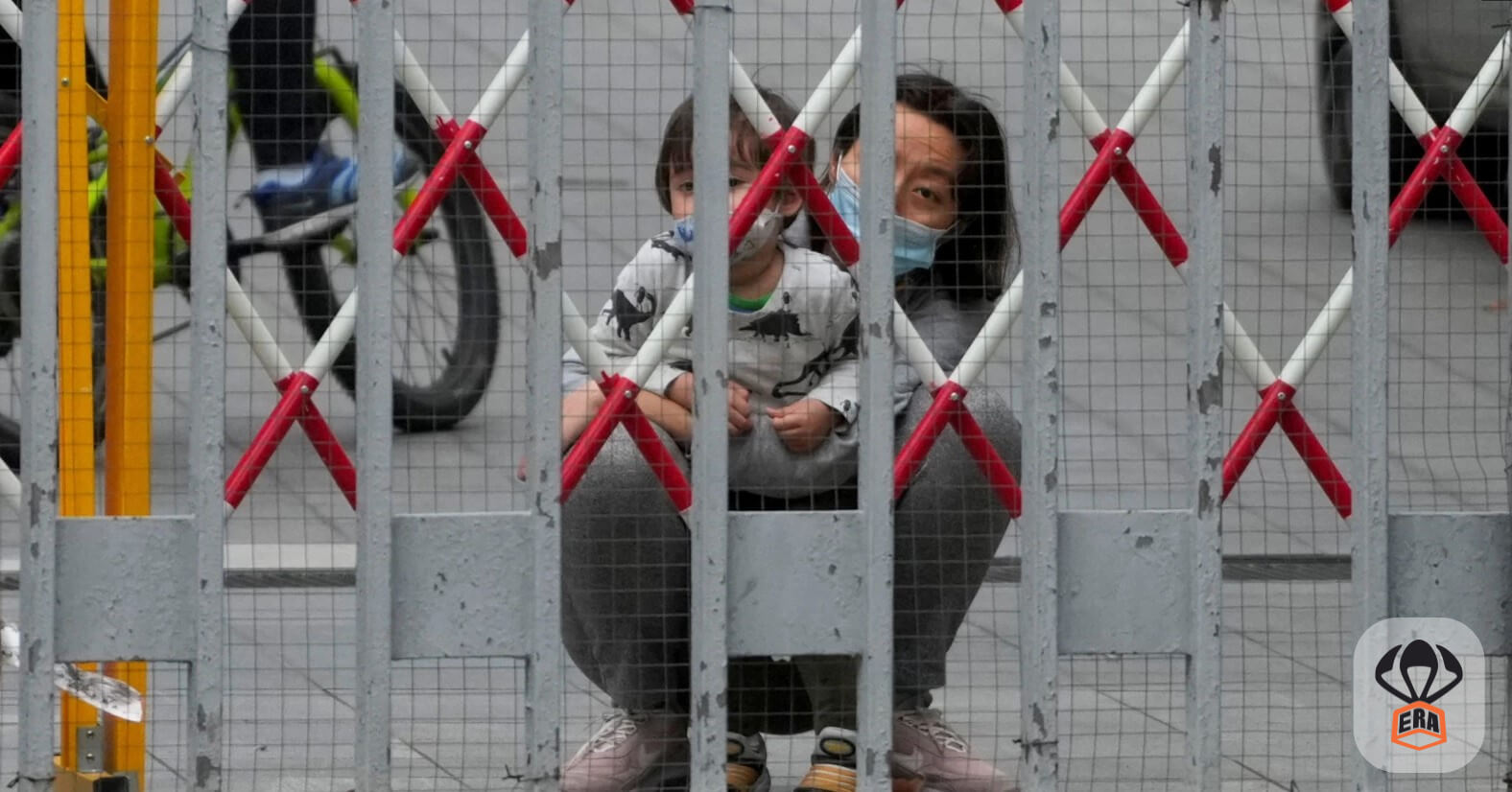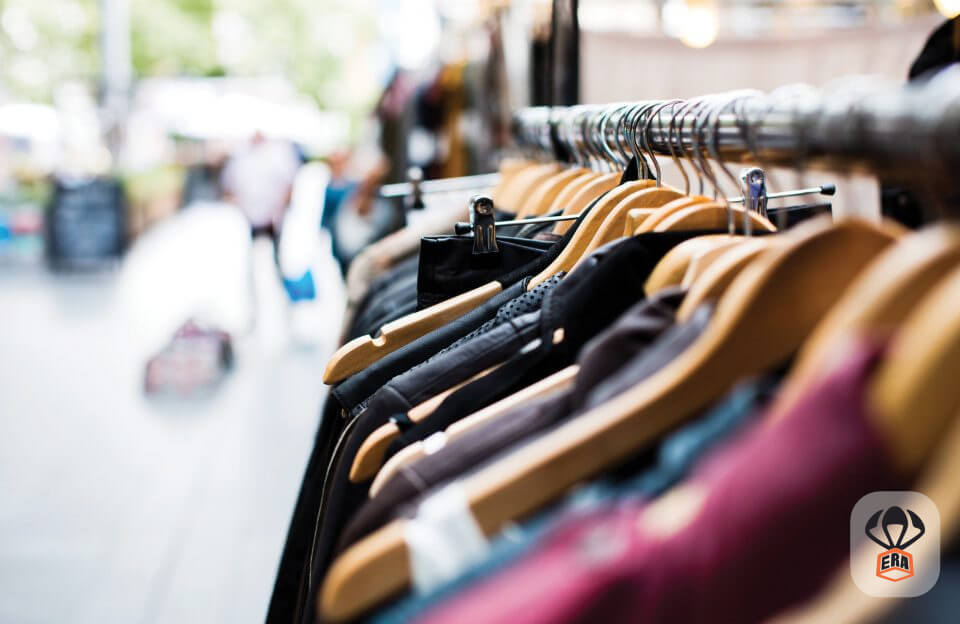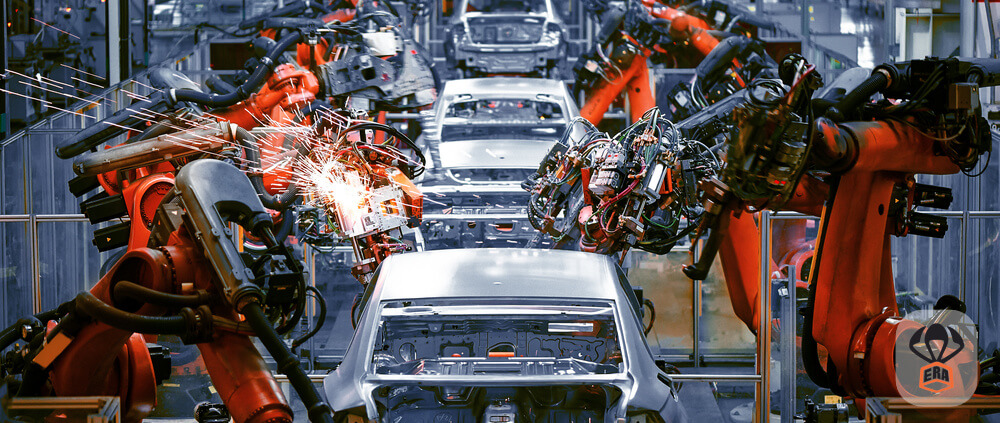With China’s zero-tolerance approach to the recent Omicron variant outbreak, companies and consumers are feeling the pinch once again; with skyrocketing prices, prolonged shipping time, and daily increases in delays, key industries are feeling the impact on their financial results.
The impact of China’s lockdowns and border restrictions against Covid-19 is resurfacing chaos in the world’s not-so-stable supply chains; from Adidas to Tesla and Sony, almost all manufacturers have been hit by the supply chain disruptions.
Based on a Bloomberg report, China is accountable for approx. 12% of the global trade logistics; therefore the impact of its zero-tolerance policy has inevitably affected different economies and raised concerns over the second possible inflation.
China’s Zero-tolerance policy
While the rest of the world is fighting the same battle against Omicron, China has followed a zero-tolerance policy approach to prevent the coming outbreaks, putting entire cities under lockdown and placing strict travel constraints.
These stern measures proved beneficial for curbing the virus spread while the rest of the world struggled with lowering transmission rates; however, with the new wave, the country’s economy is being impacted.
New York-headquartered multinational investment bank and financial services company has released a market analysis by Goldman Sachs showing China’s economic growth has dropped to 4.3% compared to the 4.8% in 2021; the reporter claimed, “The drop comes in light of the latest COVID-19 developments, in particular, the likely higher average level of restriction to contain the more infectious Omicron variant.”
On the other hand, the head of the WHO said, “China’s Zero-Tolerance COVID-19 Policy is Not Sustainable”; He also noted what experts “anticipate in the future” and added that they have discussed this matter with Chinese experts and firmly believe that a shift is needed and is very important to happen.
Shanghai Authorities have made the restrictions tighter on its 26 million residents, even though there’s a steady decline in the new COVID infections.
In some areas, residents have been informed officially that they’re not allowed to leave their houses or even receive deliveries; it’s called an “a quiet period” that would last for min three days. These new restrictions were surprising for residents after a brief period of being allowed to move about in their neighborhood.
Read more:Express Shipping from China to UAE | 2022 Best Guide
China’s Zero-tolerance policy’s effect on Industries
While it has not yet come to that point, analysts warn that the combination of lockdowns and the intensifying tension between Russia and Ukraine can lead to more disruptions and significant shortages in end products and also raw components across different industries.
Here we will study some of these effects on different Industries.
Fashion and Apparel
Vietnamese garment and shoe manufacturers are facing significant shortages in their raw materials, all because of the ongoing disruptions and logjams at Chinese seaports.
The critical materials used in shoe and garment factories of Vietnam come from China; it’s accountable for nearly 60% of the essential materials of the Southeast Asian countries.
Semiconductors
Every consumer gadget and electronic device needs semiconductors or electronic chips, and Technology giants such as Apple, Intel, Microsoft, and Sony, among others, rely on the manufacturing facilities in China, which provide the semiconductors needed for their Products like iPhone, Playsation consoles, Xbox, etc.
As we know Apple inc. one of the biggest producers of electronic gadgets such as iPhones, Macbooks, iPad, and other popular products. Apple has stated that the recently imposed restrictions have had a significant impact on the Company’s financial results with a loss equal to 4 billion to 8 billion dollars, all because of the recent supply chain snarls.
Automotive
Carmakers like Volkswagen, Tesla, Toyota, etc. among others have reported major problems with their operation facilities in China.
Tesla was forced to shut down for three weeks in April, and only reopened with strict health restrictions.
Moreover, the Company has reported challenges in the supply chain caused by shipping delays and shortages of key materials.
Will China’s role in global supply chains change? The jpmorgan website defines it as follows:
The shifting geopolitical and economic landscape has played a major role in the relocation of global supply chains. Over four decades of fast growth, China has become a global manufacturing hub. In 2022, it accounted for 18% of global GDP (vs. 2.7% in 1980), 15% of global merchandise goods exports, and 30% of global manufacturing value-added. Looking ahead, China will remain an important hub but its dominant role will likely weaken.
Conclusion
Needless to say, China’s zero-tolerance policy has affected not only their own citizens and economy but also had a huge impact globally, the lockdowns have their effect on shipping services, causing long delays and higher costs for service, Importers from All other the world, , Europe, Canada, Middle East countries like UAE, U.S and S.A, Iran, etc which are very dependant on their imports from China have been impacted by the restrictions.
Even in this situation ERA is right beside you, If you need Easy, Reliable, and Affordable service, freight, and Door-to-Door (DDP), contact us now and get your free quote.





